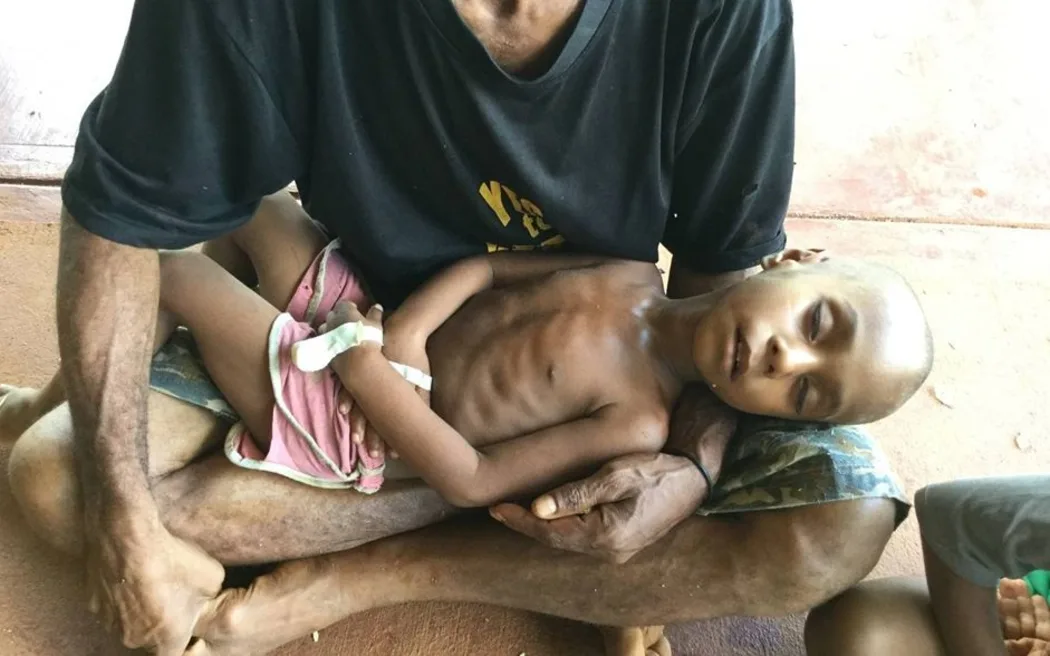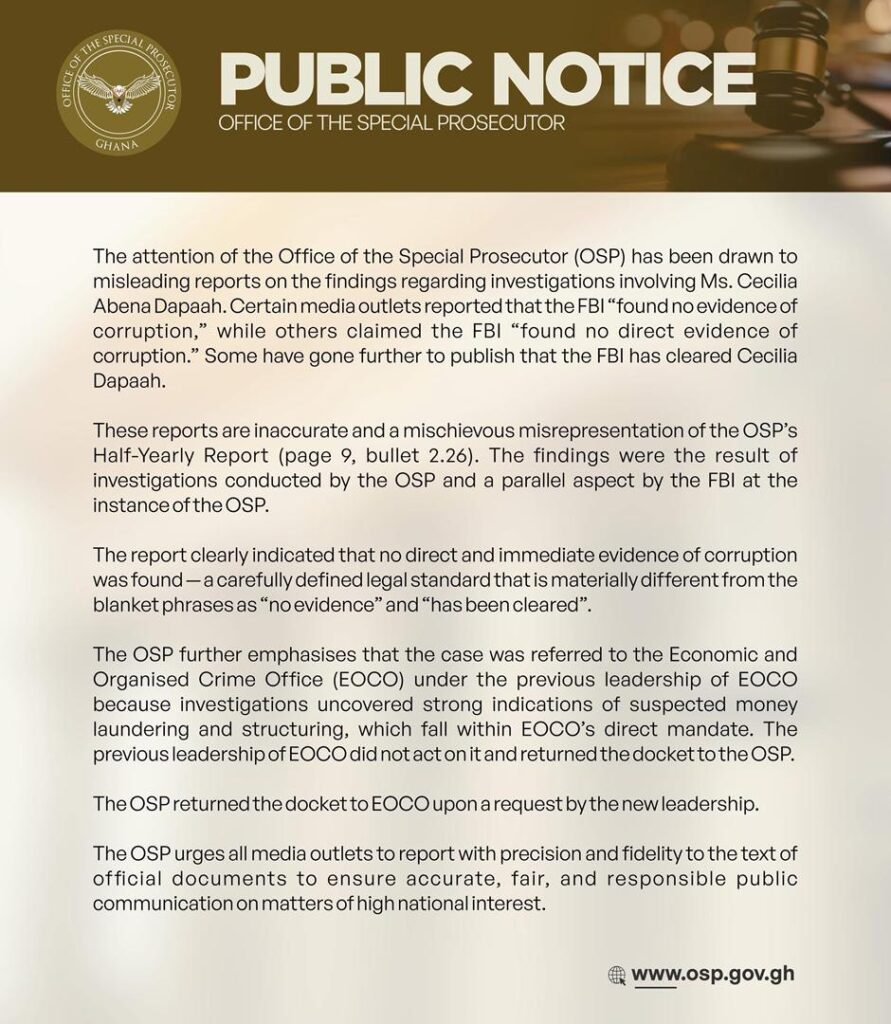News
Poor nutrition leading cause of disease, death

Poor nutrition has become a leading cause of disease and death globally, particularly in low-income countries, with Ghana facing growing challenges in food quality and access.
Professor Anna Lartey, former Director of Nutrition at the Food and Agriculture Organisation (FAO) of the United Nations in Rome, made this known in a keynote address at the launch of the UG Nkabom Seminar Series, Honours Programme, and Mentorship/Internship Programme in Accra.
“In Ghana, we are not eating well, and our diet has now become a source of disease and death for us,” she said.
The event was held under the theme: ‘Empowering Youth for a Sustainable Agri-Food Revolution in Ghana and Beyond.’
The Nkabom Collaborative is a strategic initiative aimed at transforming Ghana’s agri-food system by empowering youth to take up opportunities in the food and nutrition value chain.
She said globally, about 3.1 billion people cannot afford a healthy diet.
In Africa, the figure is nearly 1 billion, while in Ghana, about 65 per cent of the adult population cannot afford a nutritious diet.
Prof. Lartey said the FAO recommends consuming five servings of fruits and vegetables daily.
“If every Ghanaian is going to eat five fruits and vegetables a day, our production will not match our consumption.
“We produce too few fruits and vegetables. But it’s not surprising that our food is highly carbohydrate,” she noted.
Prof. Lartey explained that food systems include production, processing, retail, consumption, and disposal, and emphasised the importance of a clean food environment to support a healthy lifestyle.
“So if you live in an area where the foods around you are highly processed foods and junk foods, it is most likely to influence the kinds of foods you will choose,” she said.
Furthermore, Prof. Lartey observed that Ghana’s food systems do not produce enough of the right foods.
“If you take your plate and put food on your plate, about half of it should be fruits and vegetables,” she advised.
She then called for coordinated national efforts to address food system challenges and promote food security.
Prof. Richmond Aryeetey, UG Nkabom Collaborative Lead, said the initiative was designed to equip youth to become the next generation of tech-enabled farmers, agrifood product developers, manufacturers, and agritechpreneurs.
“We work on three programme lines – education programmes in agrifood systems to develop human resources to drive change in Ghana’s food systems.
“These include a PhD programme in sustainable food systems as well as lifelong learning opportunities through tailored short courses that have been co-created with agrifood industry partners,” he noted.
Prof. Aryeetey added that the programme also seeks to expand access to nutrition and agrifood systems for young women, persons with disabilities, and internally displaced persons.
The third component is entrepreneurship, aimed at supporting youth farmers and food system innovators with mentorship, business incubation, market access, and seed funding.
Mr Piere Brunache, Secretariat Director of the Nkabom Collaborative, said the programme aims to create 55,000 jobs and establish 3,000 Small and Medium Enterprises in the next 10 years.
He urged the youth to seize the opportunity to build skills for employment and contribute to national development. —GNA
News
Media reports claiming Cecilia Dapaah is cleared by FBI are false – OSP

The Office of the Special Prosecutor (OSP) has dismissed media reports suggesting that former Sanitation Minister, Cecilia Abena Dapaah, has been cleared of corruption by the Federal Bureau of Investigation (FBI).
In a statement, the OSP said its attention had been drawn to several misleading publications which claimed that the FBI “found no evidence of corruption” or that Mrs. Dapaah “had been cleared.”
The office stressed that these reports were false and a misrepresentation of its Half-Yearly Report.
According to the OSP, the report stated that no direct and immediate evidence of corruption had been found, a legal standard that is different from saying there was “no evidence” or that the former minister had been cleared.
The OSP explained that the case was earlier referred to the Economic and Organised Crime Office (EOCO) after investigations revealed strong signs of suspected money laundering and structuring, which fall under EOCO’s mandate.
However, the previous leadership of EOCO failed to act and returned the docket.
The new leadership has since requested and received the docket again.
The OSP urged the media to report with accuracy and remain faithful to official documents, stressing that responsible communication is necessary on matters of high national interest.
By: Jacob Aggrey
News
Government Pays GH¢9.7 Billion Coupon Under the Domestic Debt Exchange Programme (DDEP)

The Government of Ghana has paid GH¢9.7 billion as part of its debt obligations under the Domestic Debt Exchange Programme (DDEP).
The Minister of Finance, Dr. Cassiel Ato Forson said the payment amounted to GH¢9,698,815,220.17.
This brings the total payments made under the programme this year alone to GH¢19.4 billion.
According to the minister in a facebook post, the payment shows government’s commitment to honouring agreements made under the DDEP and is expected to boost investor confidence in the economy.
He stated that government has also created two sinking fund accounts one in cedis and another in US dollars to help manage future debt payments.
These funds, introduced he said is in line with the 2025 Mid-Year Fiscal Policy Review and backed by the Public Financial Management Act, meant to ensure that upcoming loan obligations due between 2026 and 2028 are paid on time.
The Finance Minister assured investors and the public that all future debt commitments, including those under the DDEP, will be fully honoured without delays.
By: Jacob Aggrey














